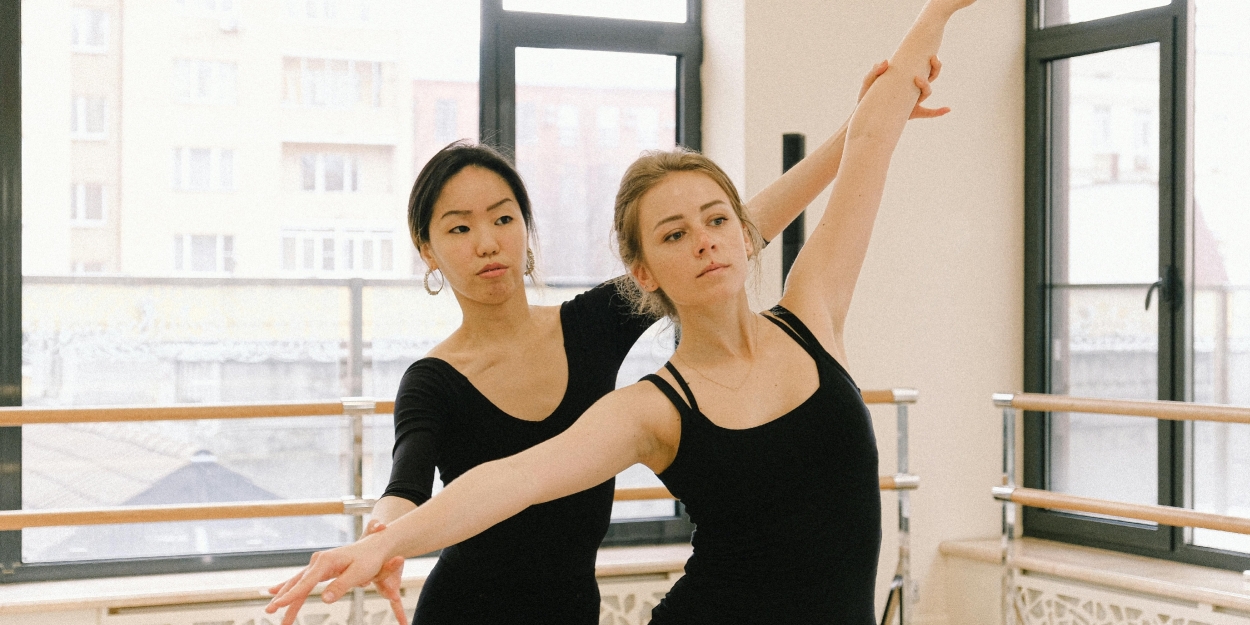Student Blog: Learning to Become My Own Teacher
Cracking the code to effective at-home practice as a performer.

To improve at any skill, you need to practice. This is why performers attend voice, acting, and dance lessons. However, at least for me, it is not possible to attend these classes daily. So how do you efficiently and effectively practice without a teacher or instructor present? The trick is learning to become your own teacher.
When I began taking dance classes, I immediately fell in love with dancing and wanted nothing more than to improve. I knew I needed more than just being in class two to three times a week to get to the level I wanted to reach. I had to take the lessons, corrections, and skills I had learned in class and continue to apply them at home.
My strategy for at-home practice is to put myself into the mindset of my teacher. I try my best to reflect on the corrections she gives me and focus on skills and exercises that directly work on my areas of struggle. Challenging myself in the privacy of my home has helped me gain confidence as I walk back into class. It is so satisfying and rewarding to walk into class knowing you can nail the skill you struggled with last week. Spending time practicing alone at home has also been very freeing. I can take time to break down old skills to solidify technique, as well as try new skills without an audience. Even though dance class is always a safe place to make mistakes, there is something even more comforting in just practicing for yourself.
The first step to improvement is being able to recognize how you can improve. This means being able to look at your skills with a critical and honest eye. As humans, we are naturally our worst critic. To battle this, I try to take any emotion out of critiquing myself. I have learned that being unjustly harsh on myself will lead to just as poor practice as if I am being too lenient. This is where the strategy of trying to think like my teacher is incredibly helpful. Referring back to my teacher’s corrections gives me parameters and standards for my practice. It also keeps my practice focused and intentional, making my work much more effective.
You do not need to rely on a teacher to constantly give you corrections. Learning how to take the lessons you have learned and apply them to thoughtful at-home practice will be a fantastic tool while training as a performer. At-home practicing strategies can be applied to dance, singing, acting, or truly any other skill. Being observant, independent, and honest with yourself can serve you in many fields in your life

Videos

